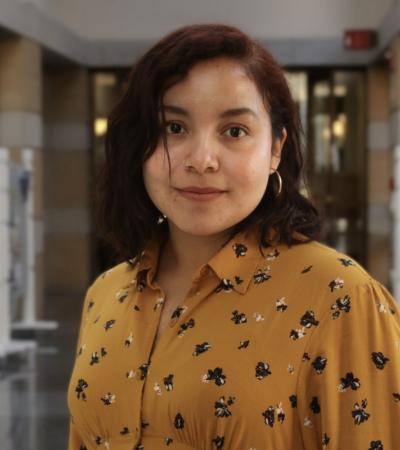High-Risk Activism in Criminal Wars: The Collective Action of Families of Victims in Mexico
Kellogg Institute Graduate Research Grants
One of the most surprising yet overlooked facts about victim’s responses in cases of widespread human rights violations is that it is predominantly families of disappeared persons who engage in collective action to demand justice, and tend to remain mobilized for longer periods. Why does high-risk mobilization vary depending on the type of victimization? Why do some stay mobilized even after locating their relatives? My research analyzes both uncertainty and solidarity as causal explanations of variation in the duration of mobilization of families of victims. I test my argument in Mexico, the country undergoing arguably the largest criminal conflict in the world.
This project contributes to understanding how to improve the quality of democracy, and advancing the human dignity of aggrieved populations. As criminal conflicts affect an increasing number of democracies, understanding the reasons behind families of victims’ mobilization is crucial for starting comprehensive agendas for transitional justice processes.






